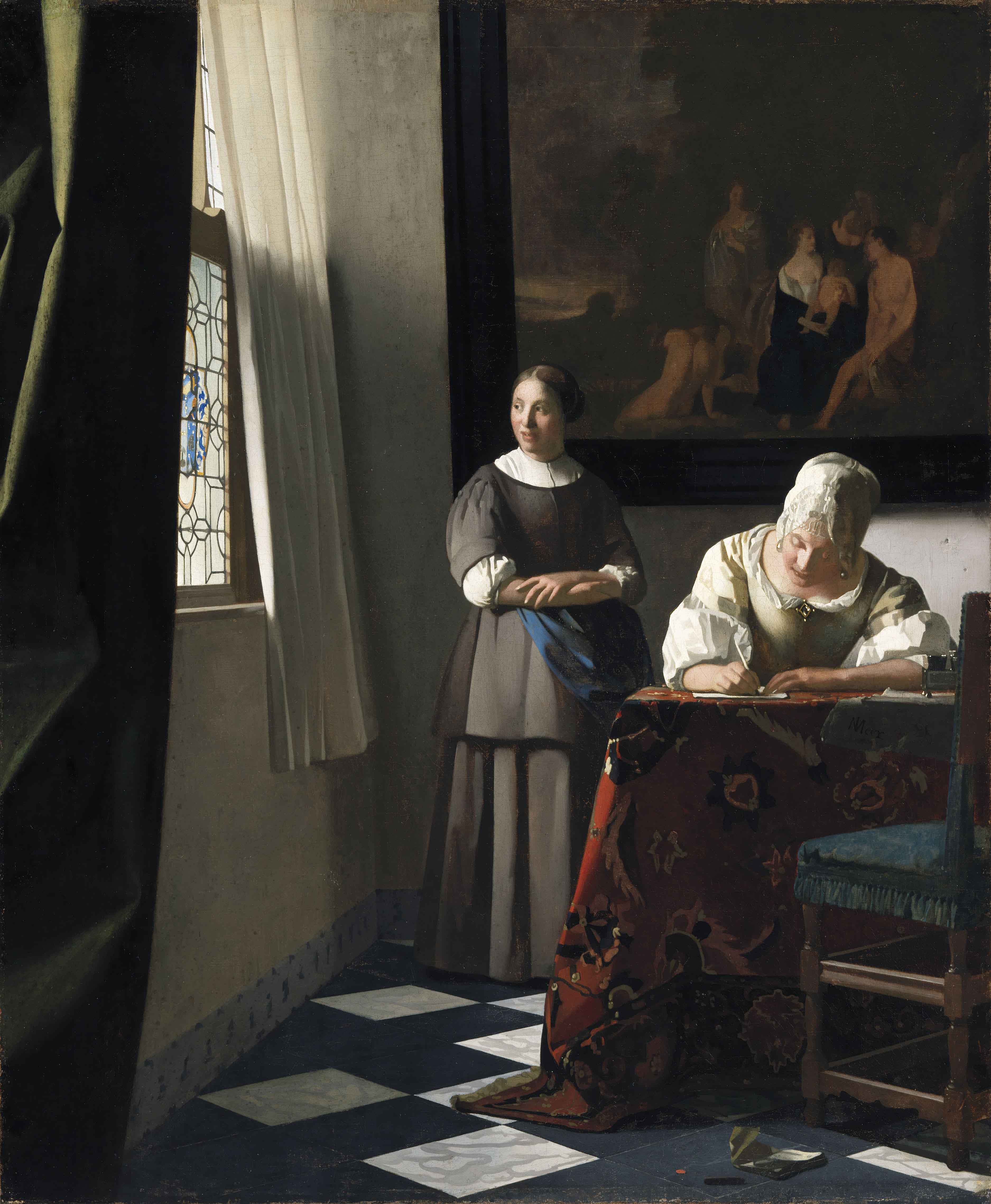A writing friend (one whom I greatly admire and secretly aspire to be like), Kathryn Purdie, tagged me for this bloghop, which asks a few questions about my writing process.
What am I working on?
I'm revising an alternative nineteenth-century fantasy, set in England and Hungary on the eve of the Hungarian revolution.
How does my work differ from others of its genre?
Most fantasy, including alternate history, draws from a western European tradition. By setting my novel in Hungary (where I lived for a year and a half), I'm able to tap into a different mentality and folklore tradition than what is currently seen on the market. I really love Patricia Wrede's alternative history series (her Mairelon books, her Sorcery and Cecilia books, and her Frontier Magic series), and I don't think there are enough books out there like these. I like to think my style combines fantastic elements with a literary flair, but I'm probably biased (or blind?) . . .
Why do I write what I do?
I've always been drawn to fantasy--in high school I wrote a 250,000 word behemoth of an epic fantasy. (It wasn't terribly original and is currently buried somewhere deep in my closet, but it taught me a lot about follow-through.) But then between school and kids I lost sight of writing, and when I picked up writing again in 2011, I signed up for a WIFYR course with Claudia Mills, a fabulous middle-grade author. So I wrote and revised a contemporary middle grade novel. Aside from some Arthurian references, there wasn't much fantastic about the novel and I really struggled with it. When I set that aside to play with my current project (an idea I'd been toying with on and off for months before I started writing), it felt like coming home. I brought the first chapter to my critique group and they were like, "Why haven't you been writing this all along?"
I also love nineteenth-century history: I studied British Victorian literature in graduate school and wrote a dissertation on ninteteenth-century American women writers, so it's a pleasure to use my research skills and knowledge for something fun. It shouldn't surprise anyone that most of my favorite television series are BBC adaptations of nineteenth-century novels (anything Jane Austen, Wives and Daughters, North and South, Cranford . . . )
How does my writing process work?
I usually start with a kernal of an idea--in this case, I wanted to write about a girl who got involved in the Hungarian revolution, and I knew I wanted it to also involve magic. But I started to wonder what it would be like to live in a society where magic determined your social class--and to be born without that ability. So the novel spends a lot of time exploring what it means to be both within and without different cultural groups and trying to understand where you fit. Once I have that basic idea in place, I start writing down ideas. In this case, I had several pages of ideas that I ultimately rejected before I got to one that would work.
Then, I do research. This is probably partly learned behavior from years in graduate school. But once I have enough research in my head that words start to spill out of me, I outline a plot. This time, I used Dan Wells' seven point plot structure (I'm pretty sure he borrowed it from somewhere else, but I got the idea from him). And then I write. The outline works as a general guide, but a lot can change (and does change). After I finished the initial draft, I reverse outlined the novel, identified a bunch of plot holes and ended up rewriting virtually the entire middle and end. Right now, my process is pretty long. It took eight months to write the first draft, and I've been revising for five. (I'm also a full-time mom and part-time English professor, which slows me down). I try to tackle different elements of the novel in each revision pass (plot, characters, voice), because I'm simply not smart enough to keep everything in my head all at once.
One advantage of taking a long time to draft is that, while my ideas percolate, I tend to get even better ideas. When I look at the product I have right now, I shudder a little to think what it would have looked like if I'd written it in a matter of weeks. I would have missed most of my best ideas. (This is not meant as a commentary on people who draft quickly--I'm working from the assumption that their initial ideas are stronger than mine was!)
Also, as may be obvious from this blog post, I write long! One of my big challenges in revision is to trim everything down.
I'm tagging Tasha Seegmiller and my favorite red-headed Aussie, Kel.

Wow, are processes are eerily similar--as well as the books and TV we're drawn to. And I LOVE your premise for your WIP. Very cool. Thanks for taking part in this bloghop. I've enjoyed learning even more about you!
ReplyDelete